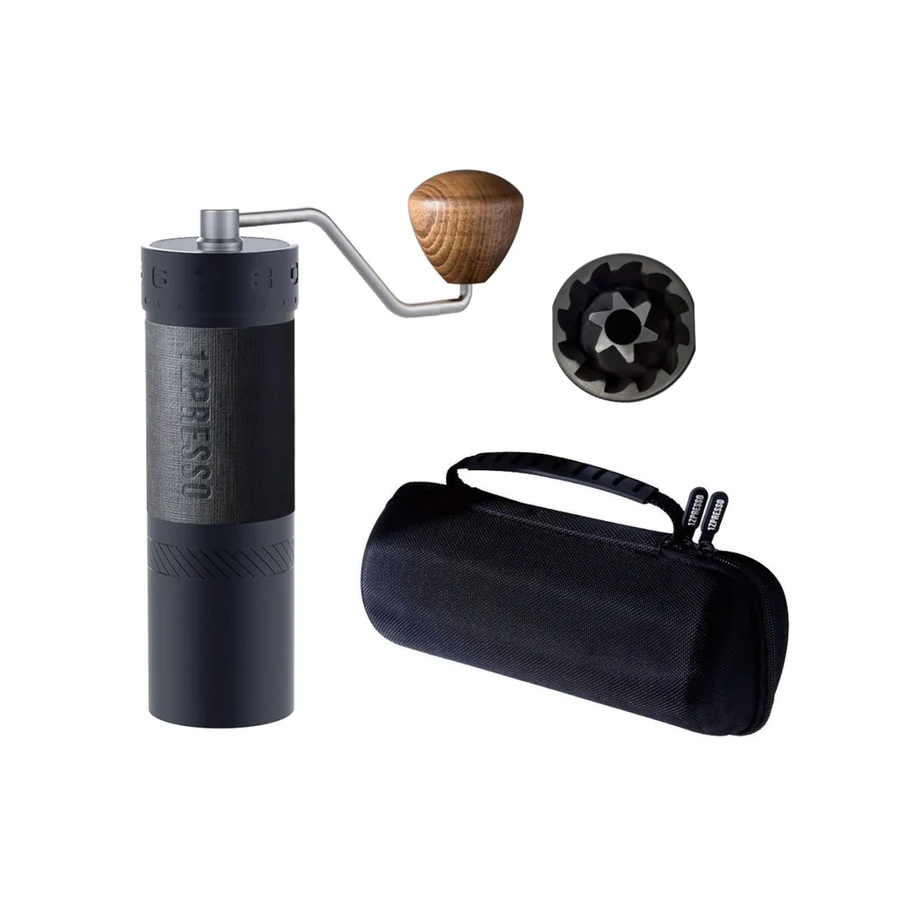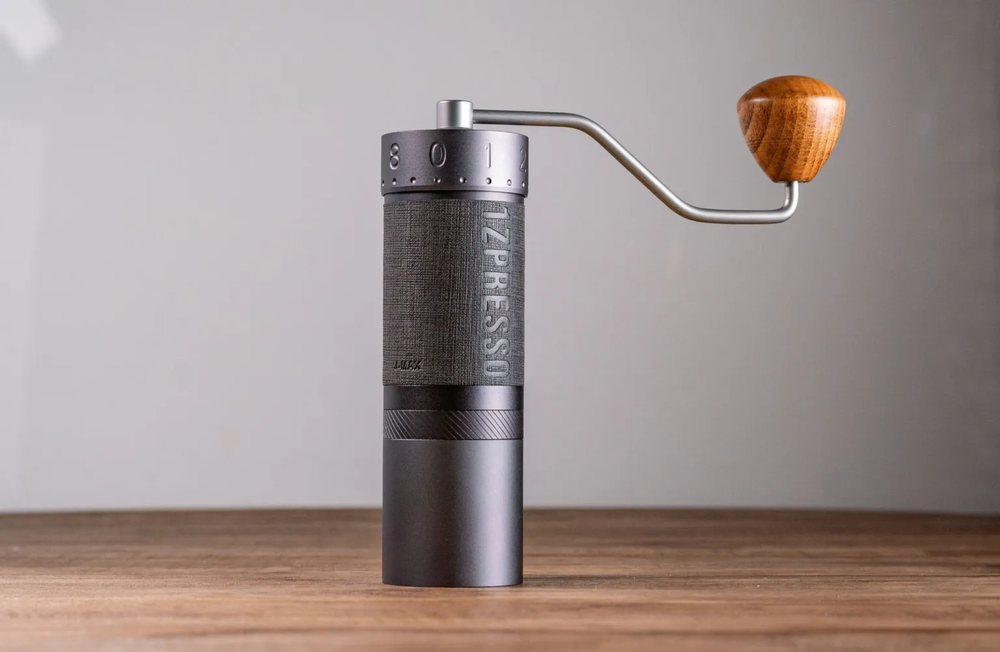A Beginners Guide To Drinking Coffee
Introduction:
For many, the morning ritual of brewing a fresh cup of coffee is a cherished routine that kick-starts the day with a boost of energy and warmth. For some, it’s an absolute necessity. If you're new to the world of coffee and eager to learn the art of brewing, fear not! This beginner's guide will walk you through the basics of making a delicious cup of coffee in the comfort of your own home.
1. Choose Quality Coffee Beans:
The foundation of a great cup of coffee lies in the quality of the coffee beans. Opt for freshly roasted, whole coffee beans from a reputable source. Look for beans that match your preferred flavour profile, whether it's light and fruity or dark and robust. Coffee beans can be very personal, for some fruity notes in coffee is delicious and others prefer a more balanced taste.

2. Invest in a Good Grinder:
For the freshest taste, grind your coffee beans just before brewing. Invest in a burr grinder for a consistent grind size, which is crucial for extracting the optimal flavours from your coffee. Adjust the grind size based on your chosen brewing method – finer for espresso, medium for drip, and coarser for French press. Refer to our grind chart here for a guideline on how to grind for each brewing method.

3. Select the Right Brewing Method:
There are various brewing methods to choose from, each offering a unique flavour profile. For beginners, a simple drip coffee maker or a French press can be excellent starting points. The coffee in these styles aren’t too overpowering so it can be a good entry point to taste the coffee with a strong aftertaste.

4. Measure Your Coffee and Water:
Achieving the perfect coffee-to-water ratio is essential for a well-balanced cup. Refer to the ratio chart here for a guideline to brew good tasting coffee. Invest in a kitchen scale for precision.

5. Use Filtered Water:
The quality of your water can significantly impact the taste of your coffee. Use filtered or bottled water to ensure that no impurities interfere with the flavour. Unfortunately in South Africa the quality of our water is sub-standard, so if you want to control all possible variables, then this is the way to go. Bigger commercial espresso setups are fitted with commercial water filters to adjust the water for perfect coffees. Water temperature is also crucial; aim for water between 90-96°C for optimal extraction.
6. Master the Brewing Time:
Different brewing methods have varying recommended brewing times. For instance, espresso takes around 25-30 seconds, while a French press may require 4 minutes. Experiment with brewing times to find what suits your taste best, but be cautious not to over-extract or under-extract, as it can result in bitter or weak coffee.
7. Experiment with Additions:
While some coffee purists enjoy their coffee black, others may prefer adding cream, sugar, or alternative milk options. Experiment with different additions to find your preferred combination, but start with a simple cup of black coffee to appreciate the pure flavours.
8. Clean Your Equipment:
Maintain the cleanliness of your coffee-making equipment and coffee machine to ensure each cup tastes fresh and untainted. Regularly clean your coffee maker, grinder, and any other accessories used in the brewing process.

Conclusion:
Brewing a fantastic cup of coffee is an enjoyable and rewarding skill to develop. As a beginner, focus on the basics, experiment with different variables, and most importantly, savour the journey of discovering your perfect cup of coffee. With time and practice, you'll become a coffee connoisseur, capable of crafting a delightful brew that suits your unique taste preferences.



